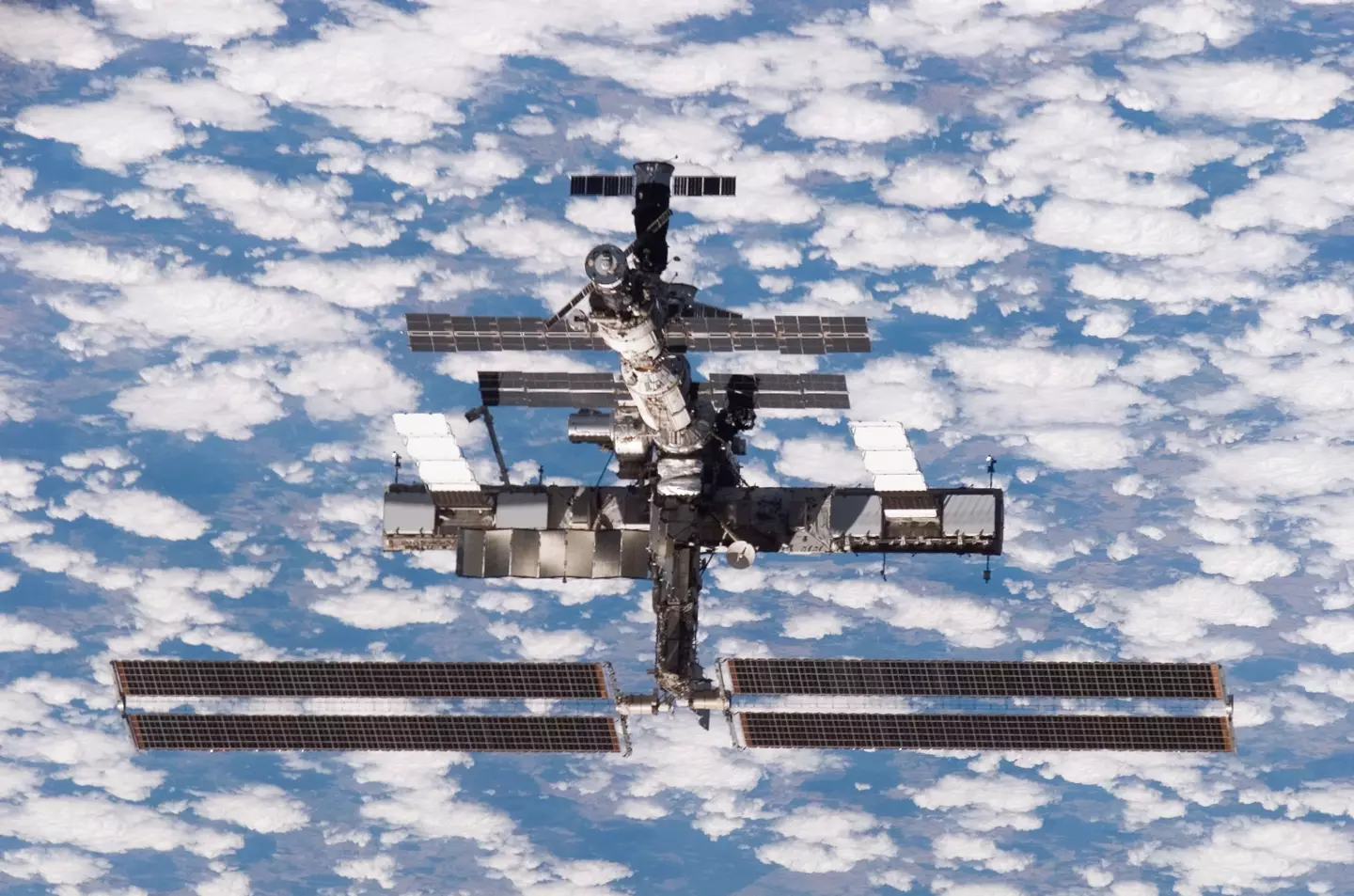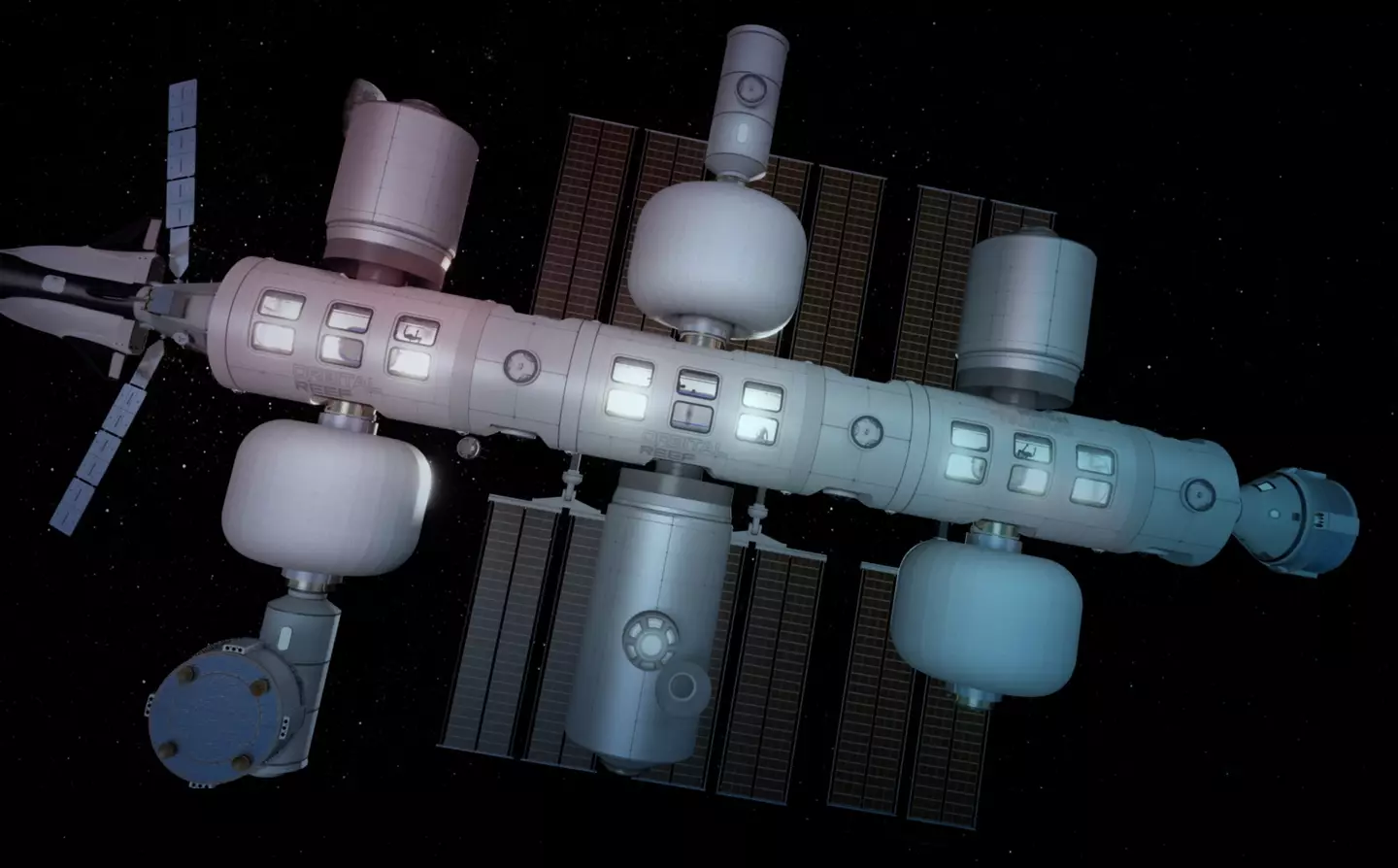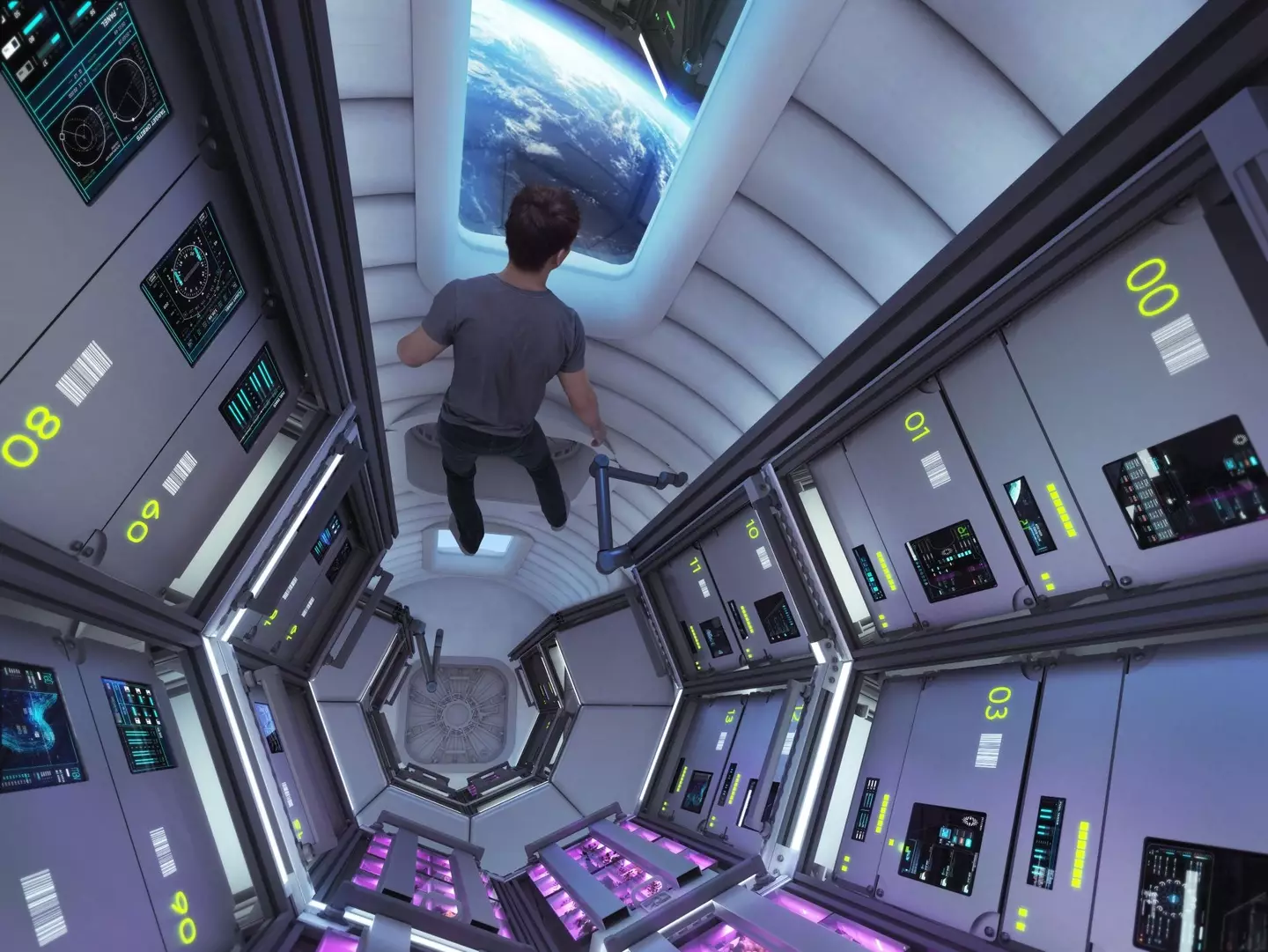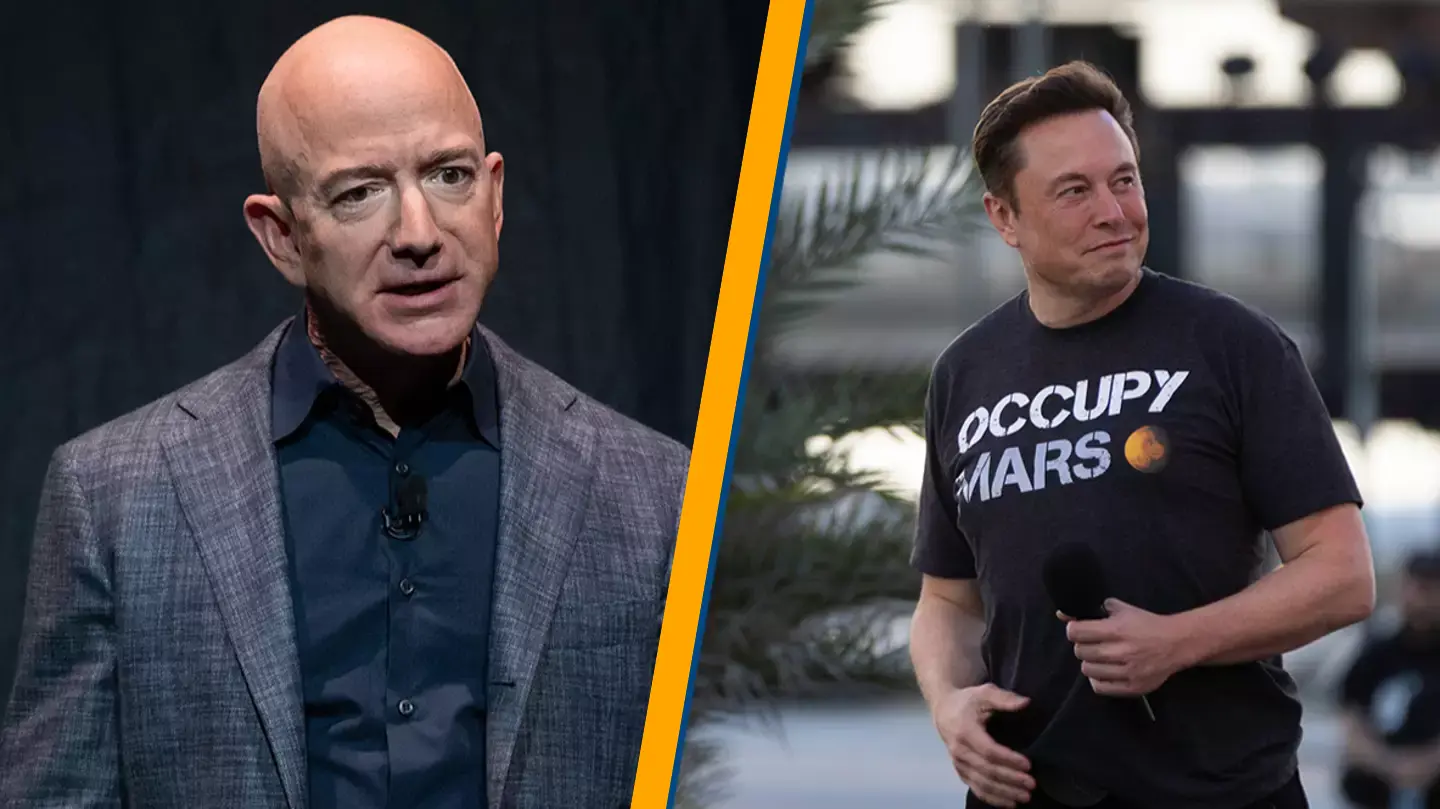Jeff Bezos is preparing to introduce a gleaming new space station to take over from the International Space Station (ISS) after Elon Musk assists in its decommissioning.
In 2031, after 32 years of service, the ISS will make a controlled descent back to Earth as it reaches the end of its operational life.
This monumental structure has been pivotal for scientists to conduct pioneering experiments in microgravity.
In a notable development, SpaceX, led by Elon Musk, has secured an $843 million NASA contract to aid in the ISS’s deorbiting process.
However, the innovative research facility will be succeeded, and this is where Jeff Bezos steps in.

China already operates its Tiangong space station, but Jeff Bezos, the billionaire founder of Blue Origin, is planning to launch the first commercially-owned and operated space station in low-Earth orbit.
Blue Origin has been awarded $130 million by NASA to develop Orbital Reef, an 8,200 cubic foot space station nearly comparable in size to the ISS.
This facility will continue the pivotal research conducted on the ISS, with additional features.
In collaboration with Sierra Space, as well as partners like Amazon and Boeing, the station will provide opportunities for commercial space activities and serve as a hub for space tourism.
The initial capacity will accommodate 10 people, with expansion modules planned for future operations.

These modules will support scientific endeavors, including microgravity research, development, and manufacturing.
Blue Origin’s website describes the station: “Think spacious modules with large windows to view Earth… while experiencing the thrill of weightlessness in complete comfort.”
“Distinct quarters will be designed for personal and business use, and large hatches create a safe and inspiring environment,” it adds.
The company aims to deliver a remarkable experience for those in orbit, whether for research, logistics, tourism, or other applications.
Amazon will handle logistics and supply chain management, while Sierra Space will contribute Large Integrated Flexible Environment (LIFE) modules, node modules, and a Dream Chaser spaceplane for crew and cargo transport.

Boeing will provide a Starliner crew spacecraft for transporting personnel and will manage science modules, space station operations, and maintenance.
Orbital Reef is expected to launch in 2027, with projected costs exceeding $100 billion.
Full operations are anticipated by 2030, just ahead of the ISS’s expected retirement.

